Telling and Hearing Stories
 |
About the presenter: Mark Allen, PhD, CCC-SLP directs the Center for Stuttering Therapy and Speak Freely Publications in Evanston, Illinois. He has more than 25 years' experience working with children, adolescents, and adults who stutter, and was among the initial cadre of speech-language pathologists to be recognized as a fluency specialist by ASHA's Special Commission on Fluency Disorders. Dr. Allen is an Adjunct Lecturer in Northwestern University's Department of Communication Sciences and Disorders. He is a member of ASHA Special Interest Group 4, Fluency and Fluency Disorders, and presents local and national professional workshops on stuttering treatment. He is the author of Speak Freely: Essential Speech Skills for School-Age Children Who Stutter. |
Telling and Hearing Stories
by Mark Allen
from Illinois, USA
INSTRUCTIONS: Listen to the audio and follow the pictures below. Then read the text at the end of the pictures. Be patient while the audio loads
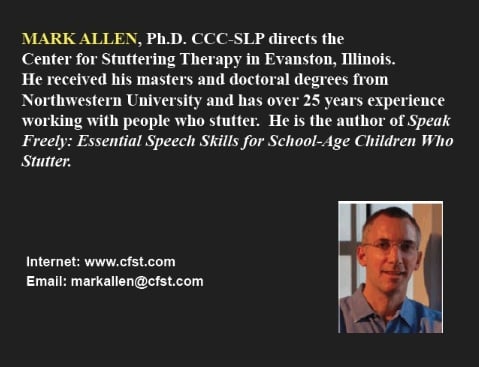 |
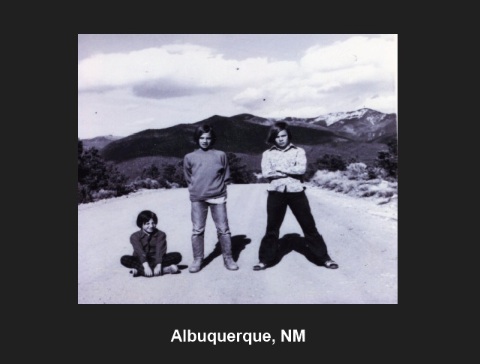 |
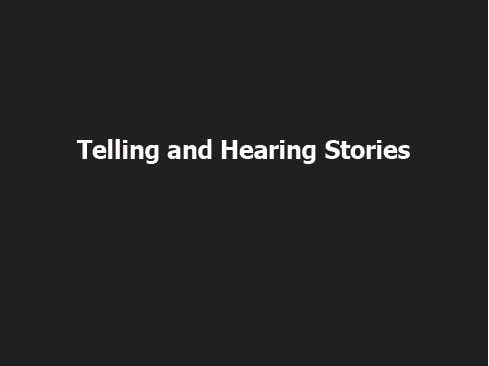 |
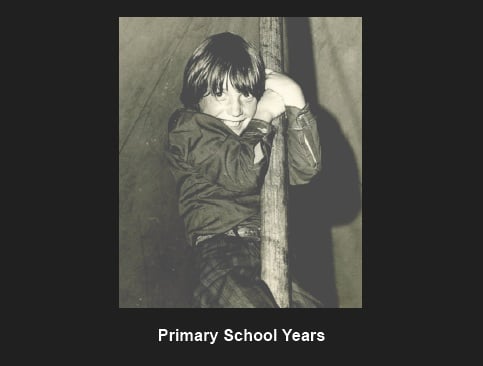 |
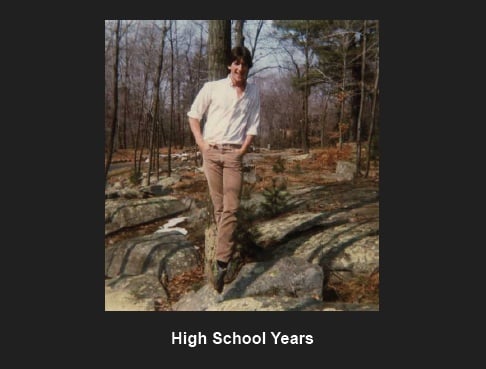 |
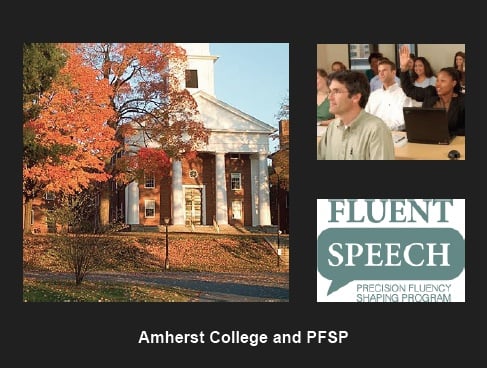 |
 |
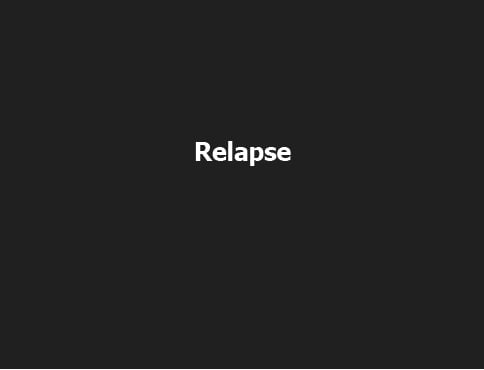 |
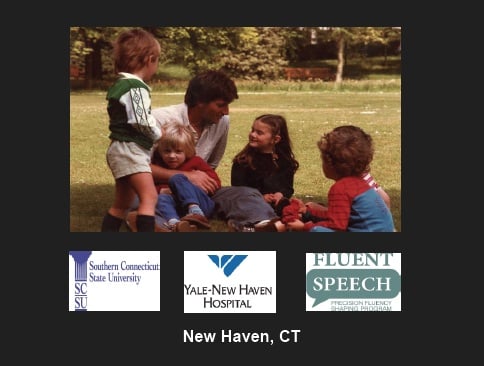 |
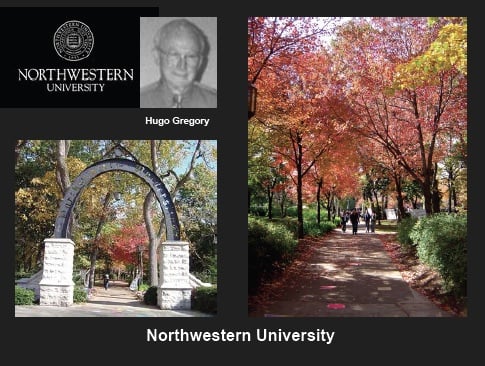 |
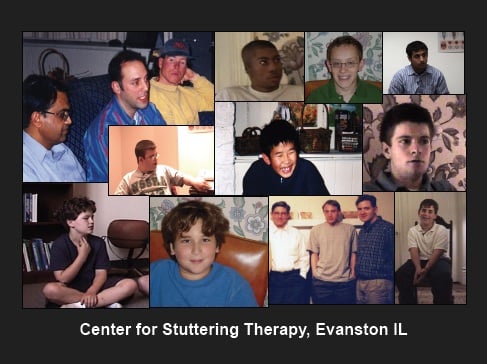 |
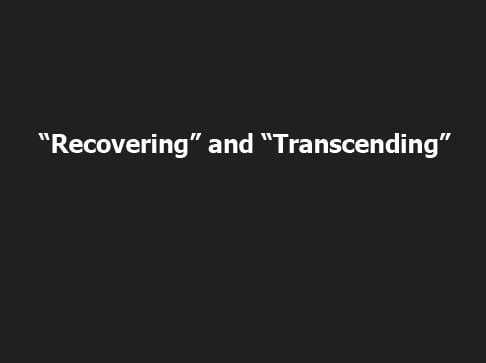 |
As a speech-language pathologist who stutters, I've found that my own struggles with fluency have significantly shaped my view regarding stuttering treatment and the notion of "recovery." In 2011 I was fortunate to have the opportunity to share this perspective at the annual convention of the American Speech-Language-Hearing Association. In a session titled "Voices Past and Present: Paths towards Recovery from Stuttering," a panel of SLPs recounted personal stories that addressed this topic.
For me, this event provided the impetus to revisit and reflect upon my own experiences that highlight - what I consider to be - essential elements of the treatment process. Preparing my talk strengthened my view that, while "recovery" (if defined as attaining normal fluency) may remain an elusive outcome for many people who stutter, it is possible to successfully manage this challenging disorder, learn to speak more freely, and ultimately transcend the debilitating aspects of our stuttering.
Hearing the memories and reflections of these SLPs who stutter was a profoundly moving experience for both the audience and panel members alike. These inspiring stories were filled with expressions of hurt, healing, and humor. Not only do stories like these increase our understanding of the nature and treatment of stuttering (and thereby inform our work with people who stutter), but they also poignantly remind us that we all can courageously engage the things in our lives that challenge us -- with acceptance, openness, strength, and perseverance.
SUBMITTED: August 19, 2012

